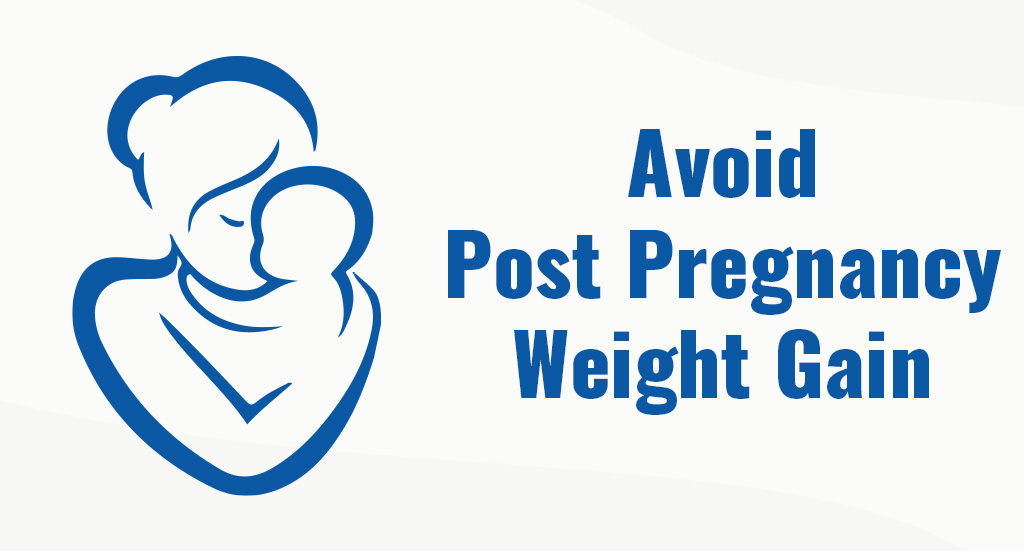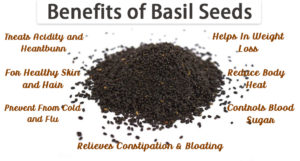During pregnancy, healthy women gain about 12 – 16 kg weight out of which about 23 -25 % is the weight of the baby and the placenta. The rest consists of the amniotic fluid, breast tissue, more blood, uterus enlargement, and extra fat stores. The extra fat is needed as an energy reserve for birth and breastfeeding. After delivery, to return to the pre-pregnancy weight it will take about 6 – 12 months. But for many women, achieving a healthy weight after pregnancy can be a big struggle. Childbirth is not only physically traumatic, but it also involves emotional health too. It can be stressful taking care of a newborn, adjusting to a new routine and recovering from childbirth. But it is essential to return to a healthy weight after delivery to prevent other comorbidities like obesity, diabetes and heart disease. To deal with the extra kg, follow the following tips.
Set A Realistic Goal: Losing weight after delivery is a time taking phase, and it requires a lot of effort. Few studies stated that women retained an average of 0.5–3 kg of their pregnancy weight after 12 months. According to the WHO study which is conducted worldwide have stated that 40.3% of women still have more than 2.5 kg of the weight they gained during pregnancy. Additionally, 14–20% of women have retained more than 5 kg of weight. Thus, have set a realistic target of weight loss.
Say No To Crash Diet: During this phase due to the lactation period, never go for any type of crash diet. It will not only decrease the stamina but will also bounce back really quickly. Take expert guidance to plan the diet properly.
Choose To Breastfeed: Breastfeeding is beneficial for both the mother and the child. It not only provides proper nutrition and immunity to the baby but at the same time it helps the uterus to goes back to its normal size. Proper breastfeeding also helps the baby to have a lower risk of lung conditions, skin conditions, obesity, diabetes, leukaemia, and sudden infant death syndrome, etc.
Count Your Calorie: Counting calories may help to resolve the problem of overeating. Moreover, it can help you to ensure that you are getting enough calories to provide you with the energy and nutrition needed for both the mother and the baby.
Go For A High Fibre Diet: Fibre is very important to maintain gut health. It is also considered as the 4th macronutrient needed for survival. Apart from providing a good environment for gut microbiota, fibre also gives a feeling of fullness. Both soluble and insoluble fibres are responsible for a smooth evacuation, which again decreases the chance of haemorrhoids formation and provides a quick heal.
Choose A Healthy Bioavailable Protein: Protein helps boost metabolism while decreasing one’s appetite and calorie intake. Studies have shown that a protein-rich diet suppresses one’s appetite by increasing the fullness hormones as well as reducing the hunger hormone ghrelin.
Snacking Is Important: With the new adjustment made in life, healthy snacking is often neglected. But to lose weight, in a healthy way, snacking is important. Choose healthy snacking options like salads, nuts, fruit, and yoghurt, etc.
Exclude Refined Carbs And Added Sugar: Sugar and refined carbs are dense in calories and usually low in nutrients. It is proved by studies, that increased intake of refined carbs and sugar is associated with an increase in weight, diabetes, heart disease, and some cancers. So for a healthy weight loss and to reduce the chance of metabolic disorders, exclude refined carbs and added sugar from the diet.
Avoid Processed And Junk Foods: Processed and junk foods contain a high amount of sugar, unhealthy fats, salt, and calories, which in turn decrease the chance of weight loss. The extra amount of salt can also lead to high blood pressure and heart damage.
No Alcohol: Alcohol is an empty calorie drink with no nutritional benefits. Alcohol may be related to weight gain and may lead to more fat being stored around the organs. Furthermore, alcohol can cause a temporary reduction in the volume of breastmilk in mothers who are breastfeeding. Apart from this, small amounts of alcohol can be passed through breast milk to the baby, which can be harmful.
Start Exercising: Managing time and moderate exercises after delivery is the key to manage the extra weight.
Stay Hydrated: Drinking enough water is vital if one is opting for weight loss. Drinking water may also help reduce one’s appetite and calorie intake. In the case of breastfeeding, due to breast milk production, proper hydration is essential to replace fluids lost through milk production. After delivery, the pelvic and stomach need time to heal, especially if one has had a cesarean. Thus heavy exercise is not recommended, instead, strength building exercise and resistant training can be beneficial.
Good Night Sleep: Lack of sleep has a negative impact on weight loss. Though for new mothers, getting enough sleep can be a challenge. Adopting new strategies like altering sleep time according to the baby’s clock might be helpful.
Ask For Help: Do not try to be a superwoman and ask your family members for help. As it has been proved by studies, sleep deprivation and stress can lead to about 15% of mothers to postnatal depression.
Carrying some extra weight after pregnancy is very common, but if the weight starts increasing at the same proportion, it might lead to several lifestyle disorders and decrease life expectancy. So care for yourself at the same time caring for your baby.








